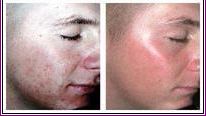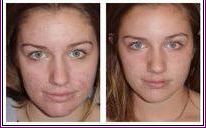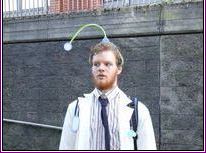
Healthy water circulation is essential for swimming pools. It makes sure that chemicals reach every part of the pool and prevents algae growth. When swimming pools aren't circulating effectively, you run the risk of experiencing "dead areas" where contaminants can accumulate or algae can grow. Dead spots aren't being sanitized efficiently, and not only ruin the look of your pool but can pose a risk to swimmers because of the possibility for contaminants to grow there.
You commonly find dead spots in the deeper areas of the pool, in the middle of the pool, around bodies in the pool like ladders, towards the edges of pools, especially corners, close to the skimmer, and in parts of the water that don't see much sunlight, such as if a tree is planted close to the edge of the pool, creating a shadow. If a dead spot hasn't already attracted more visible debris, cloudy water may be a sign that water's not circulating in that area. If your water is cloudy in one area but clear in others, then you've most likely got a dead spot on your hands.
Make sure your filtration system is working efficiently. Man pool owners make the mistake of aiming their jets towards the surface of the pool because that's what looks the most efficient-you can see it working. This is what sometimes turns the deeper water into a dead area. Make sure your returns are aimed evenly around the pool and aren't favoring any one area. If you have a dead area in the middle, you know what area your jets are neglecting. Also, if some of your filtration equipment isn't working correctly, your system might not have the ability to circulate effectively. If you're experiencing dead spots, then you should take a look at your system and try to find any weak links and then check out a swimming pool supplies store for replacements.




